15 Iconic Movies Everyone Should Watch at Least Once
Movies have a way of leaving a lasting impression, whether through powerful stories, unforgettable characters, or scenes that stay with you long after the credits roll. Some films have become so important that they feel like essential viewing, no matter your taste in cinema.
This post may contain affiliate links, which helps keep this content free. Please read our disclosure for more info.
The Godfather (1972)
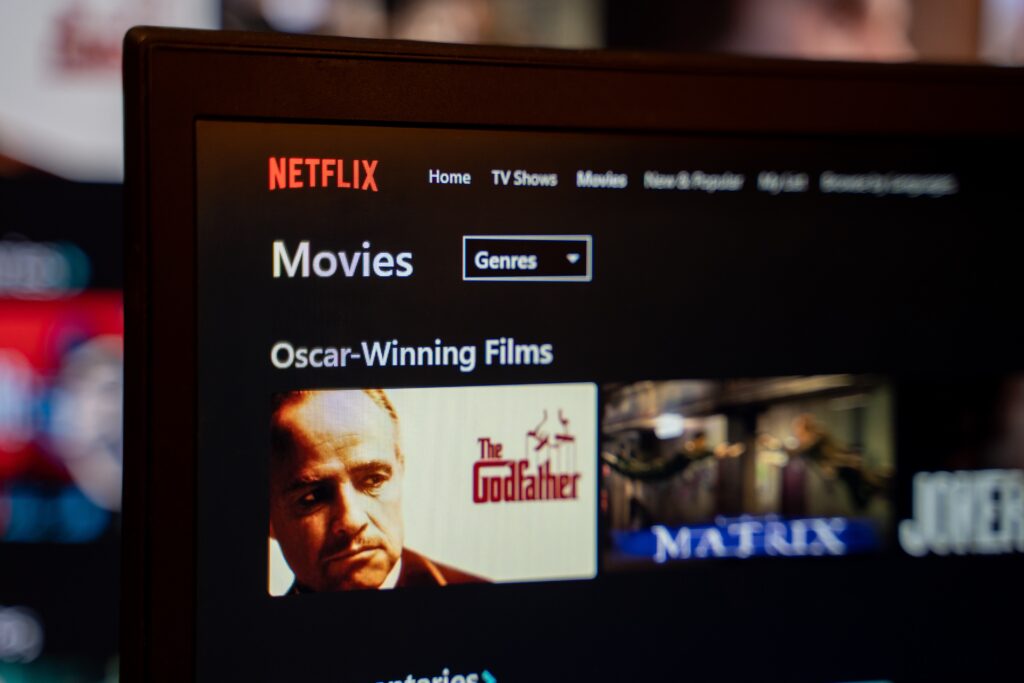
Francis Ford Coppola’s The Godfather is a film that redefined the crime genre and set a new standard for storytelling on screen. Through its careful pacing and rich atmosphere, it tells the story of the Corleone family with both intimacy and grandeur. Viewers are drawn into a world of loyalty, betrayal, and the heavy weight of family legacy.
Marlon Brando and Al Pacino deliver unforgettable performances that helped cement the film’s legendary status. The way the movie balances family ties with the brutal realities of organized crime makes it both personal and epic. Few films have had such an impact on cinema or culture, making it a must-see for anyone who loves great storytelling.
Casablanca (1942)
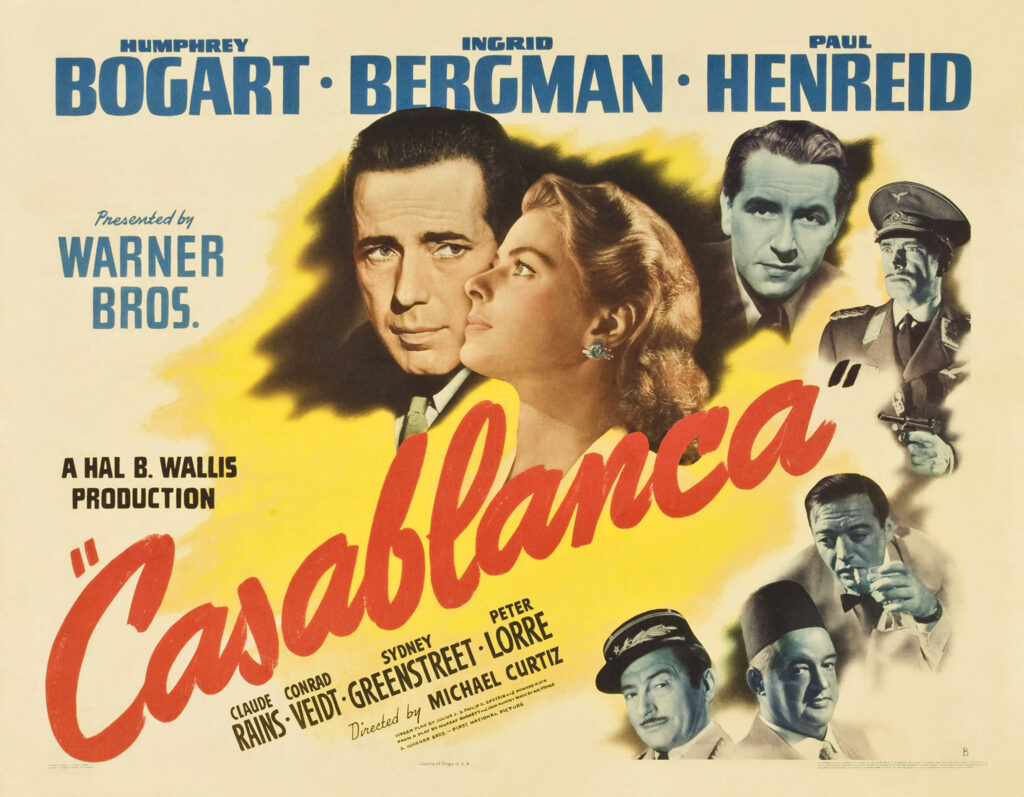
Set during World War II, Casablanca blends romance and drama in a way that feels timeless. The story of Rick Blaine, torn between love and duty, unfolds against the backdrop of war-torn Morocco. Its memorable dialogue and emotional pull make it one of Hollywood’s most enduring classics.
Humphrey Bogart and Ingrid Bergman’s chemistry carries the film, turning a simple love story into something unforgettable. The film’s themes of sacrifice and resilience resonate across generations. Even after decades, audiences continue to return to this tale of love and loyalty during uncertain times.
Schindler’s List (1993)

Steven Spielberg’s Schindler’s List is a harrowing portrayal of the Holocaust and one man’s extraordinary efforts to save lives. Shot in stark black and white, the film emphasizes the brutality of the era while highlighting moments of humanity. It’s a deeply emotional viewing experience that leaves a lasting impression.
Liam Neeson’s portrayal of Oskar Schindler captures the complexity of a flawed man making an incredible choice. The film balances despair with hope, offering a story of resilience amid horror. Few movies have been able to show both the darkest and most compassionate sides of humanity so powerfully.
Pulp Fiction (1994)
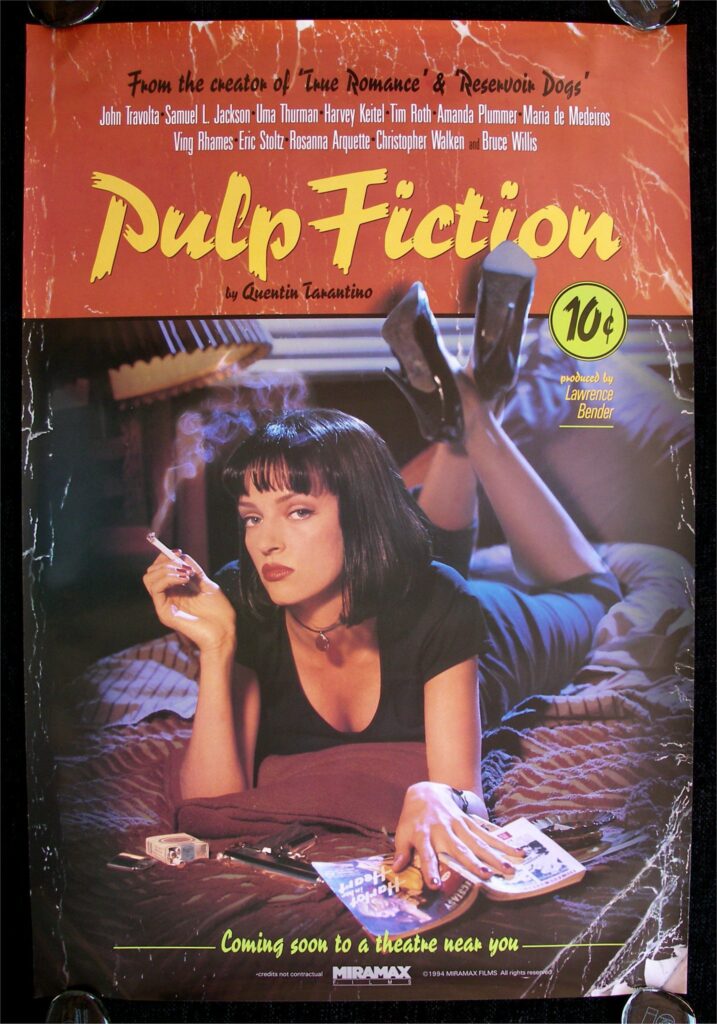
Quentin Tarantino’s Pulp Fiction reshaped modern cinema with its nonlinear narrative and sharp dialogue. Each storyline intertwines in unexpected ways, creating a film that rewards both first-time viewers and repeat audiences. Its mix of dark humor, crime, and unforgettable characters makes it stand out as one of the most influential films of the 1990s.
The performances from John Travolta, Uma Thurman, and Samuel L. Jackson bring an energy that keeps the film alive decades later. The diner scenes, dance contest, and famous monologues all became pop culture milestones. Watching it feels like stepping into a cinematic puzzle that never loses its charm.
Star Wars: A New Hope (1977)
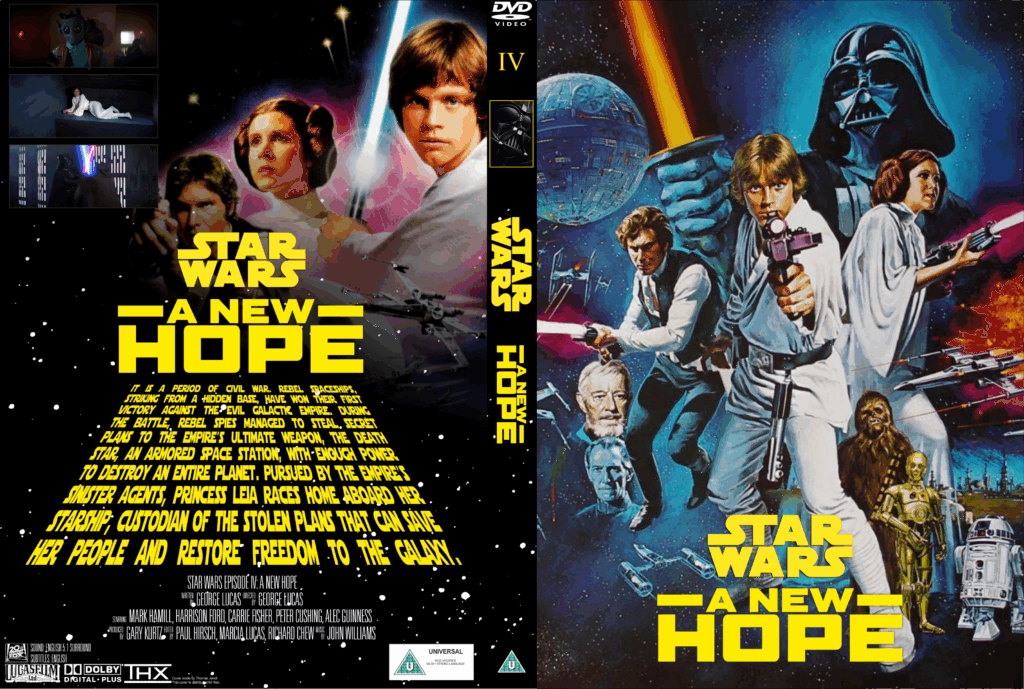
When Star Wars: A New Hope hit theaters, it changed the way people thought about science fiction. George Lucas created a universe full of rich detail, blending classic storytelling with futuristic imagination. The film introduced audiences to lightsabers, space battles, and the eternal struggle between good and evil.
Characters like Luke Skywalker, Princess Leia, and Darth Vader became household names almost instantly. The movie combined spectacle with heart, creating a franchise that would influence generations. Even today, the original film remains a thrilling and magical experience.
Gone With the Wind (1939)
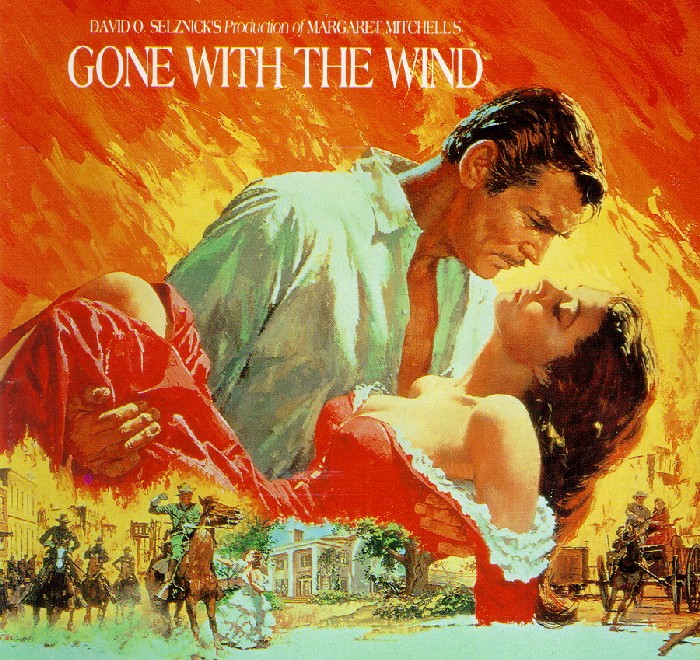
Gone With the Wind is one of the most celebrated epics in Hollywood history. Set during the Civil War, it tells the sweeping story of Scarlett O’Hara and her struggles with love, loss, and survival. Its grand scale and dramatic storytelling have made it a cultural landmark.
Vivien Leigh’s performance as Scarlett brought depth to a character both flawed and fascinating. The film’s visuals, costumes, and music add to its enduring appeal. While some elements are debated today, the film remains an important piece of cinema history.
The Shawshank Redemption (1994)
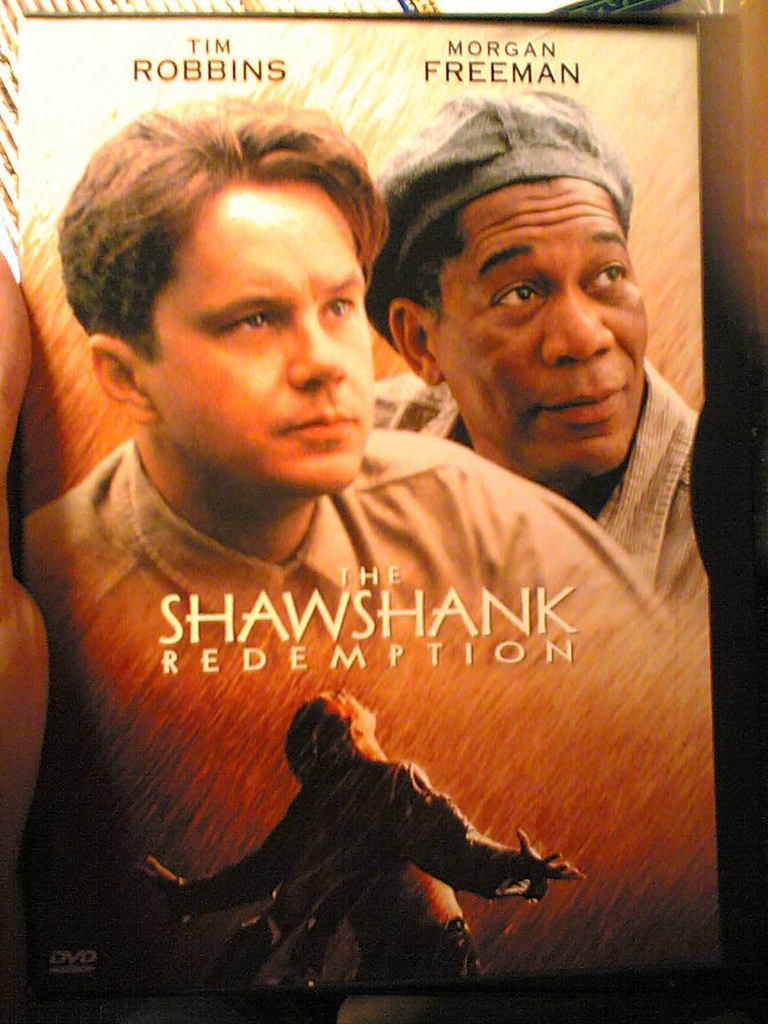
Based on Stephen King’s novella, The Shawshank Redemption tells a moving story of friendship and perseverance. Andy Dufresne’s quiet strength and Red’s reflective narration give the film a deep emotional core. It resonates with audiences because of its message about hope against all odds.
The performances from Tim Robbins and Morgan Freeman make the characters unforgettable. The film slowly builds to one of the most satisfying endings in cinema. It’s a story that stays with viewers, reminding them of the importance of resilience and faith.
The Wizard of Oz (1939)
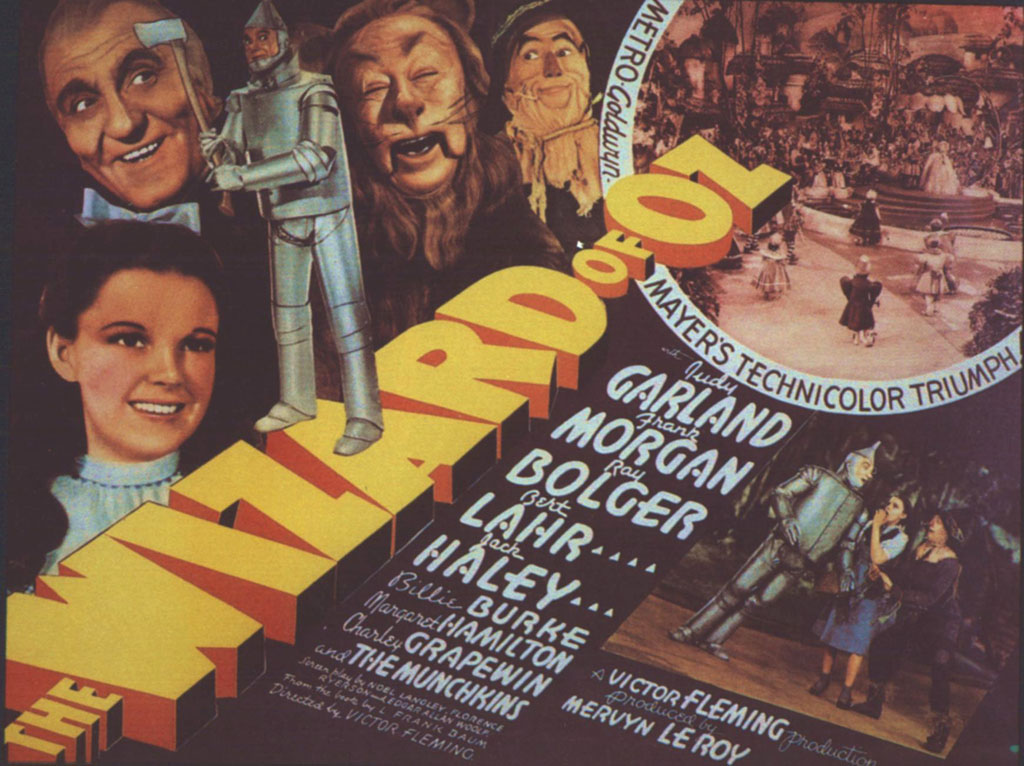
The Wizard of Oz remains a cornerstone of family entertainment. Its use of Technicolor, imaginative sets, and memorable songs created a magical journey unlike anything audiences had seen before. Dorothy’s adventure in Oz continues to charm viewers of all ages.
Judy Garland’s performance brought warmth and innocence to the role, making “Over the Rainbow” a timeless anthem. The film’s mix of whimsy and heartfelt storytelling keeps it fresh even after decades. It remains a cultural touchstone, quoted and celebrated worldwide.
Forrest Gump (1994)
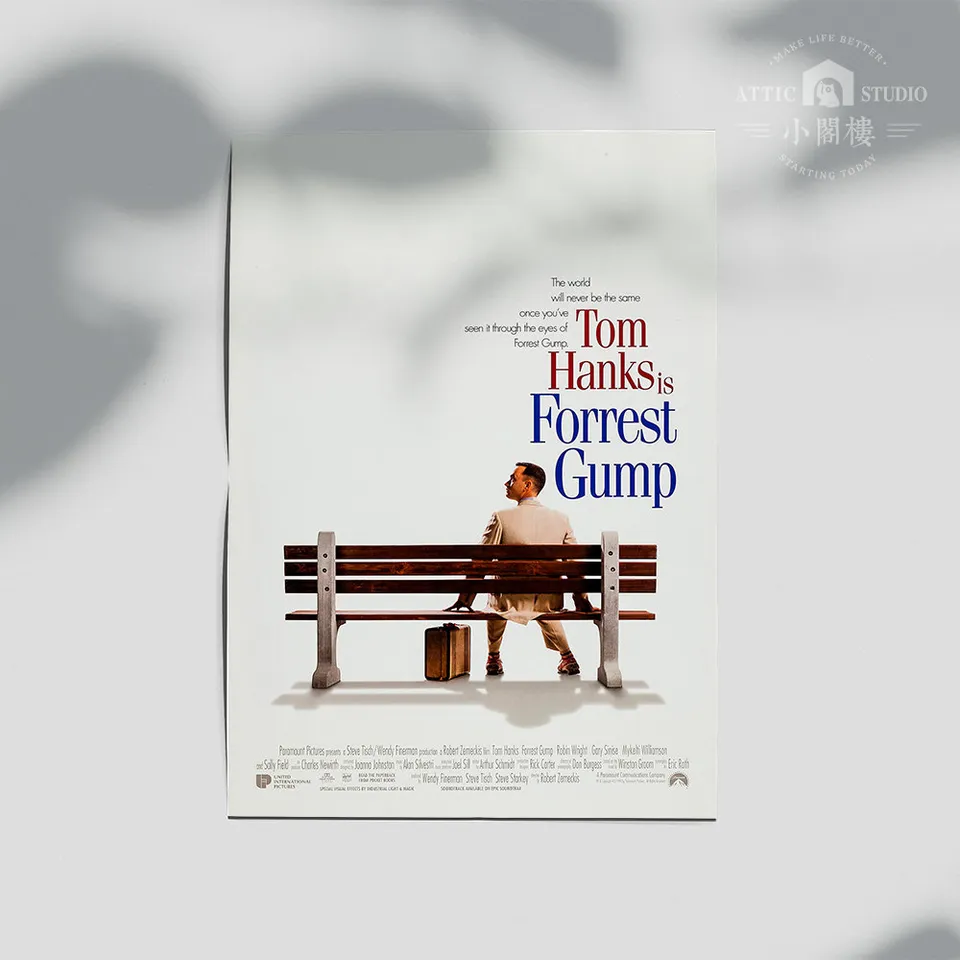
Forrest Gump blends humor, heart, and history in a way few films have managed. Tom Hanks’ portrayal of Forrest creates a character who feels both unique and relatable. The film moves through major historical events while keeping the focus on one man’s simple yet meaningful journey.
Its balance of romance, tragedy, and comedy makes it an emotional ride. Iconic lines and scenes have become part of pop culture. Ultimately, the film leaves audiences reflecting on life, chance, and the power of kindness.
Citizen Kane (1941)
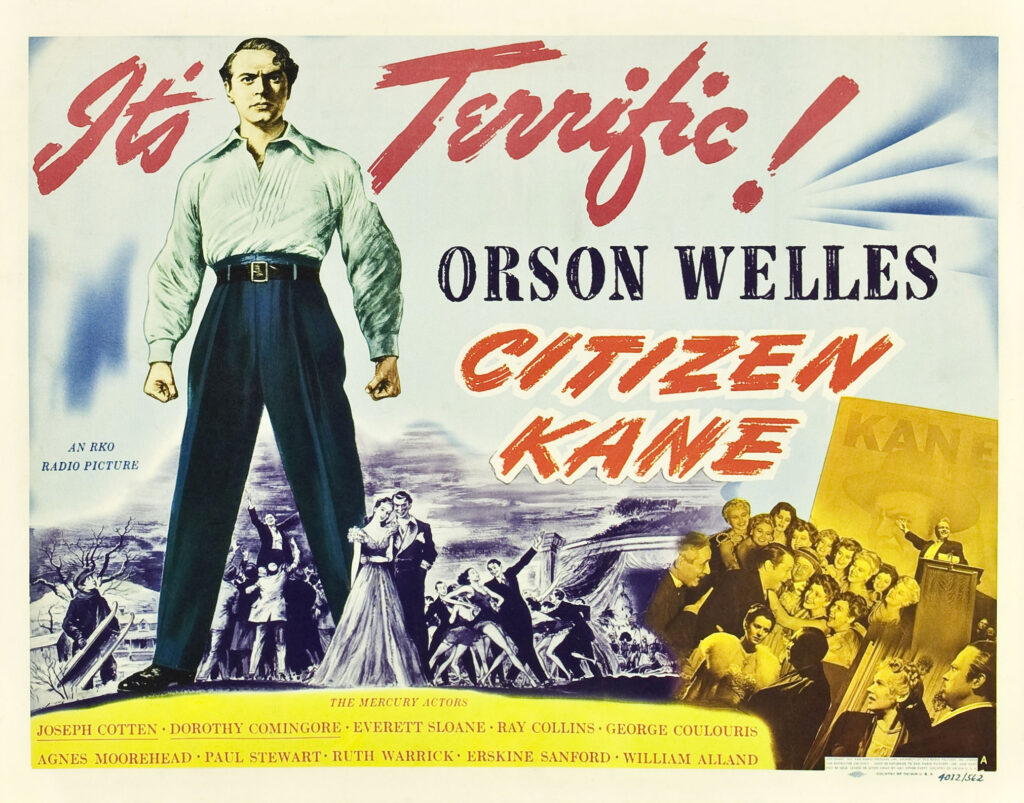
Orson Welles’ Citizen Kane is often called the greatest film ever made. Its innovative cinematography and narrative structure were groundbreaking at the time. The story of Charles Foster Kane explores themes of ambition, power, and the loneliness that often comes with them.
The famous “Rosebud” mystery gave audiences one of cinema’s most memorable reveals. Though it was not an immediate box office success, its influence grew steadily over time. Today, it stands as a benchmark of artistic achievement in film.
Titanic (1997)
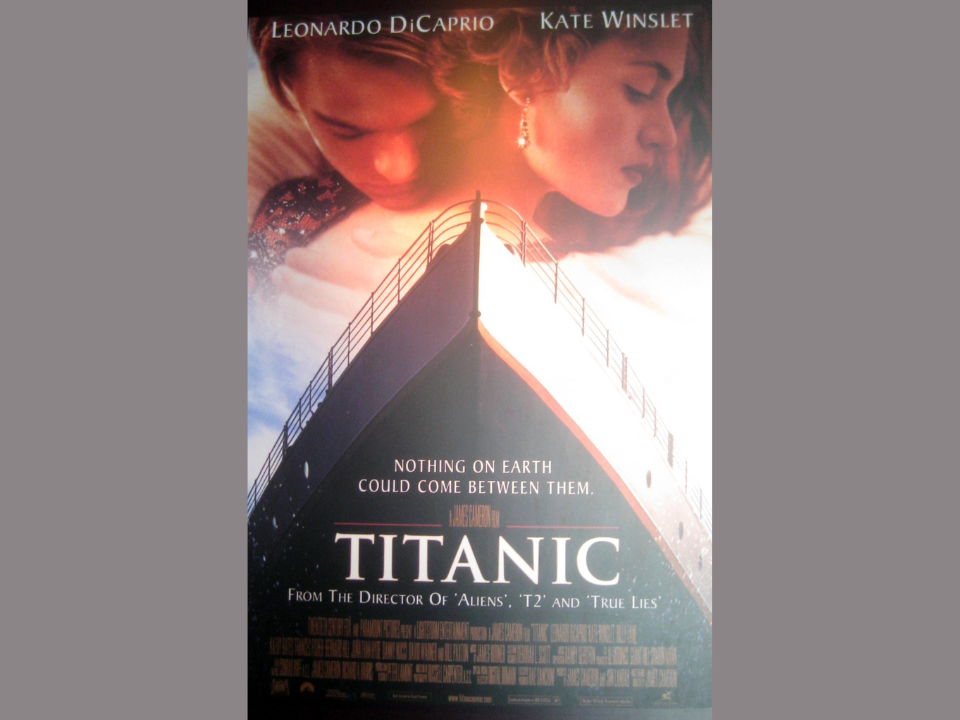
James Cameron’s Titanic is a mix of epic romance and historical tragedy. Jack and Rose’s story unfolds aboard the doomed ship, blending fictional drama with real-life catastrophe. The film’s visual scale and emotional depth captured audiences worldwide.
Leonardo DiCaprio and Kate Winslet brought youthful passion to the roles, making their love story unforgettable. The ship’s sinking sequence remains one of the most ambitious set pieces in film history. It became a cultural phenomenon, breaking box office records and winning numerous awards.
Jurassic Park (1993)
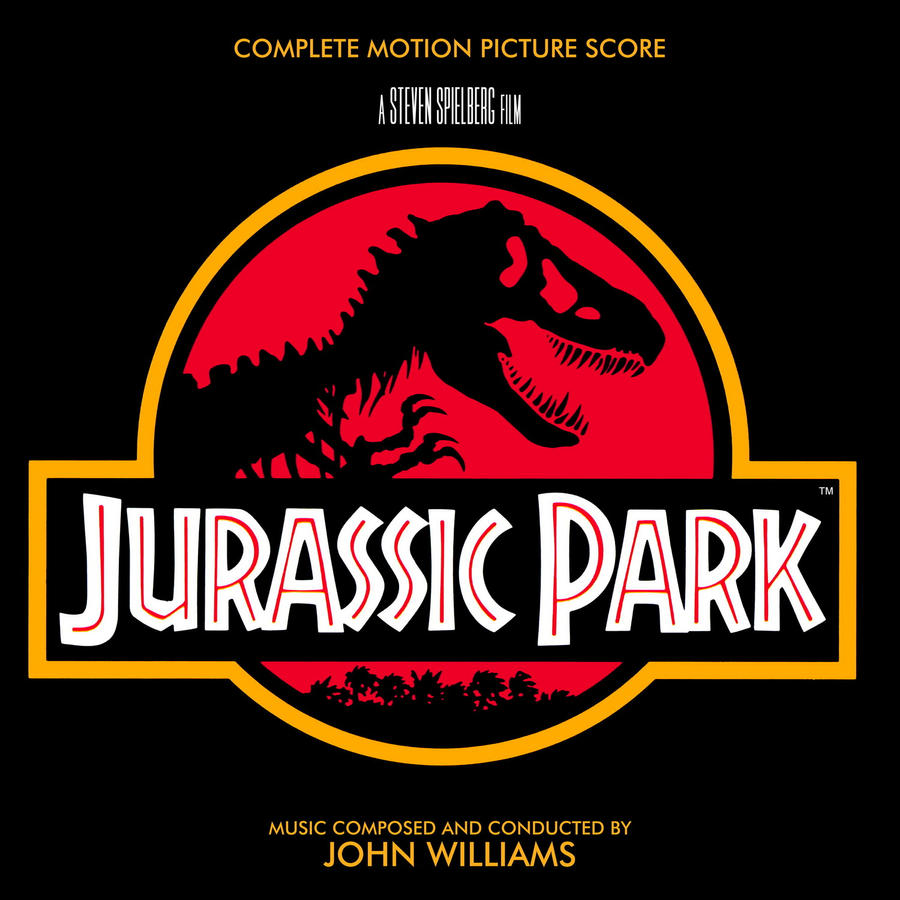
Steven Spielberg’s Jurassic Park thrilled audiences with its lifelike dinosaurs and groundbreaking effects. The story of a theme park gone wrong kept viewers on the edge of their seats. Its mix of science fiction and adventure made it an instant blockbuster.
The T. rex chase and raptor scenes became iconic moments of cinematic suspense. Jeff Goldblum, Sam Neill, and Laura Dern gave performances that grounded the spectacle in human emotion. The film remains as entertaining today as it was on release.
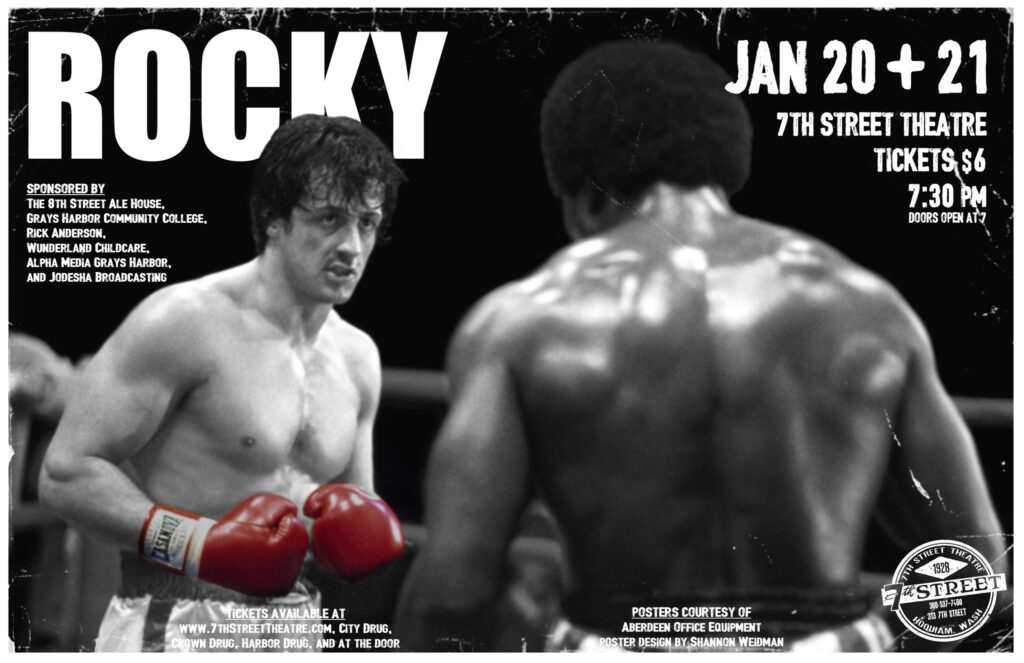
Rocky is an inspiring tale of an underdog who gets a shot at greatness. Sylvester Stallone wrote and starred in the film, bringing authenticity to the story of a struggling boxer. The film’s grit and heart made it stand out among sports dramas.
Its training montage and climactic fight have become part of pop culture history. What makes it special is the emotional core, focusing on determination and personal triumph rather than victory alone. It’s a reminder that perseverance can lead to unexpected success.
The Sound of Music (1965)
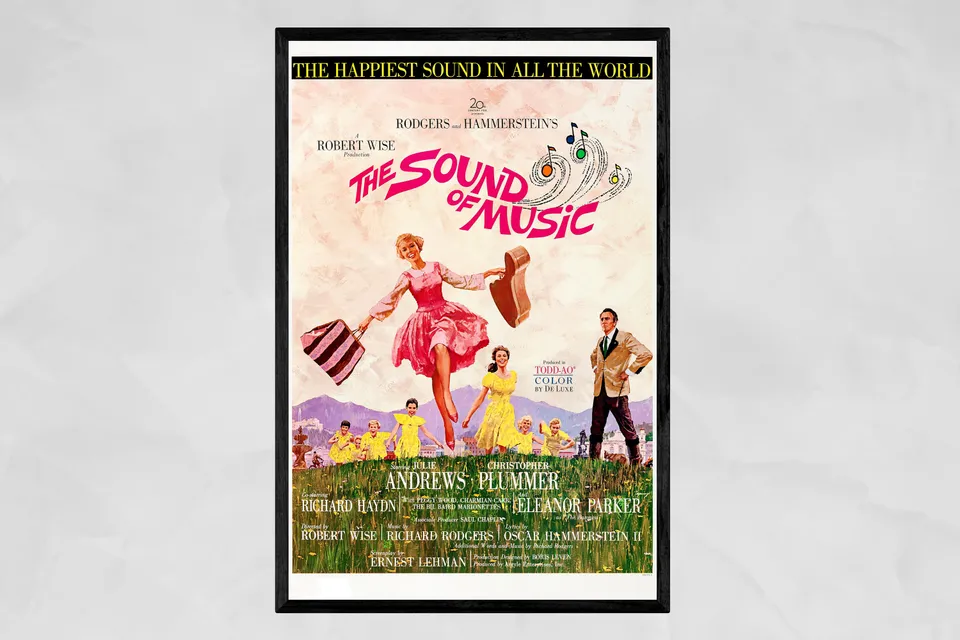
The Sound of Music combines memorable songs with a heartfelt story set in Austria during World War II. Julie Andrews’ performance as Maria brings charm and warmth to the film. The story of the von Trapp family continues to resonate with audiences.
From “Do-Re-Mi” to “Climb Ev’ry Mountain,” the film’s music has become timeless. Its blend of joy and resilience makes it more than just a musical. Generations continue to embrace it as one of the most beloved films of all time.
The Matrix (1999)
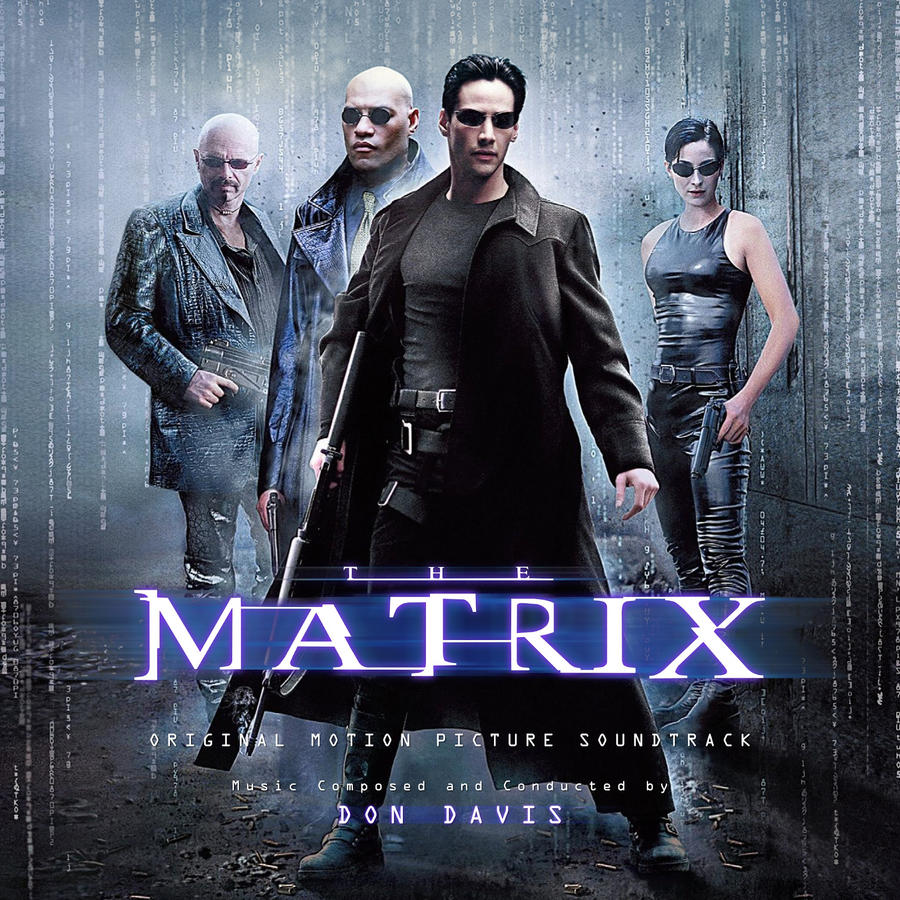
The Matrix brought science fiction into the mainstream with its groundbreaking visual style and philosophical themes. Its blend of action and questions about reality gave audiences something both thrilling and thought-provoking. The film’s imagery and style became instantly iconic.
Keanu Reeves’ portrayal of Neo turned him into an action star for a new generation. The film’s bullet-time effects and sleek design influenced countless movies that followed. It remains a landmark in both storytelling and visual innovation.
This article originally appeared on Avocadu.
